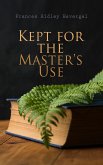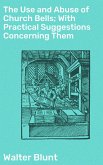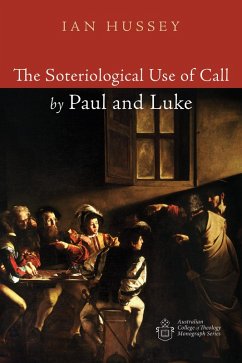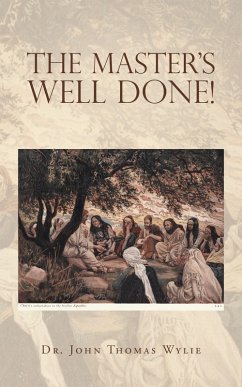In "Kept for the Master's Use," Frances Ridley Havergal elegantly intertwines themes of devotion, faith, and sanctification within a Christian context. Written in a lyrical and introspective style, this collection of writings reflects Havergal'Äôs deep spiritual convictions and her desire to inspire others in their Christian journey. The book resonates with the 19th-century evangelical revivalist movement, providing readers with poetry and prose that accentuate the importance of being set apart for God'Äôs purpose, and invites contemplation on one's personal relationship with the divine. Frances Ridley Havergal, a prominent figure in 19th-century Christianity, was known for her prolific hymn writing and commitment to faith. Growing up in a deeply religious household, she was profoundly influenced by her father, a well-respected Anglican clergyman. Her own experiences with spiritual doubt, devotion, and renewal greatly informed her writing, as she sought to encourage others in their walks of faith through expressive and relatable language. This book is highly recommended for readers seeking spiritual growth and a deeper understanding of their purpose within a Christian framework. With its poetic charm and profound insights, "Kept for the Master's Use" serves as a timeless guide for anyone desiring to cultivate a more fervent relationship with God.
Dieser Download kann aus rechtlichen Gründen nur mit Rechnungsadresse in A, B, BG, CY, CZ, D, DK, EW, E, FIN, F, GR, H, IRL, I, LT, L, LR, M, NL, PL, P, R, S, SLO, SK ausgeliefert werden.









